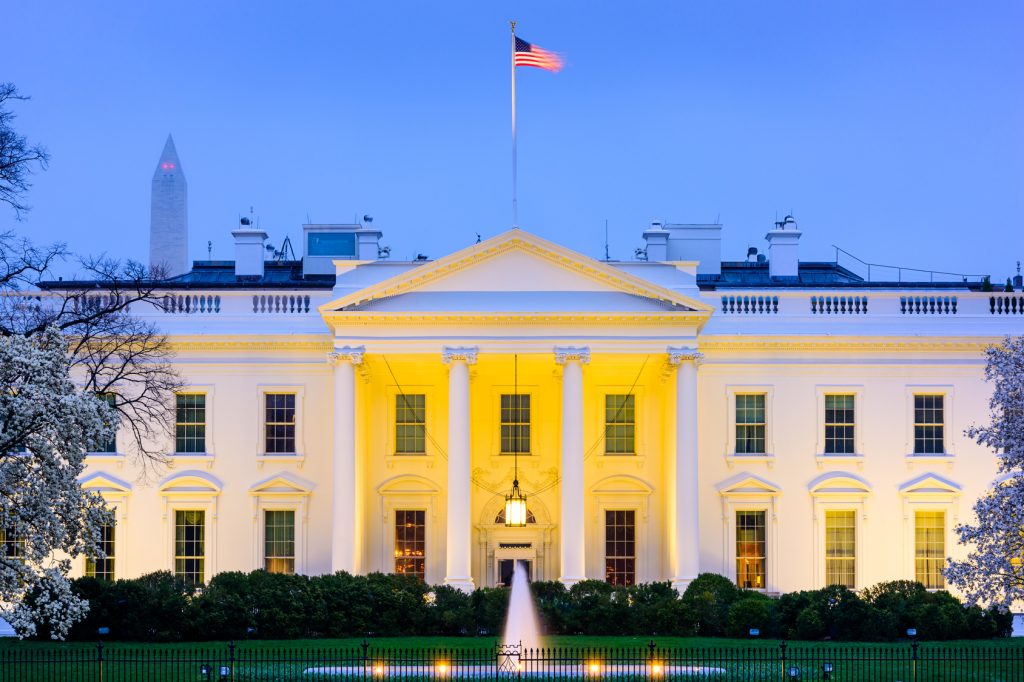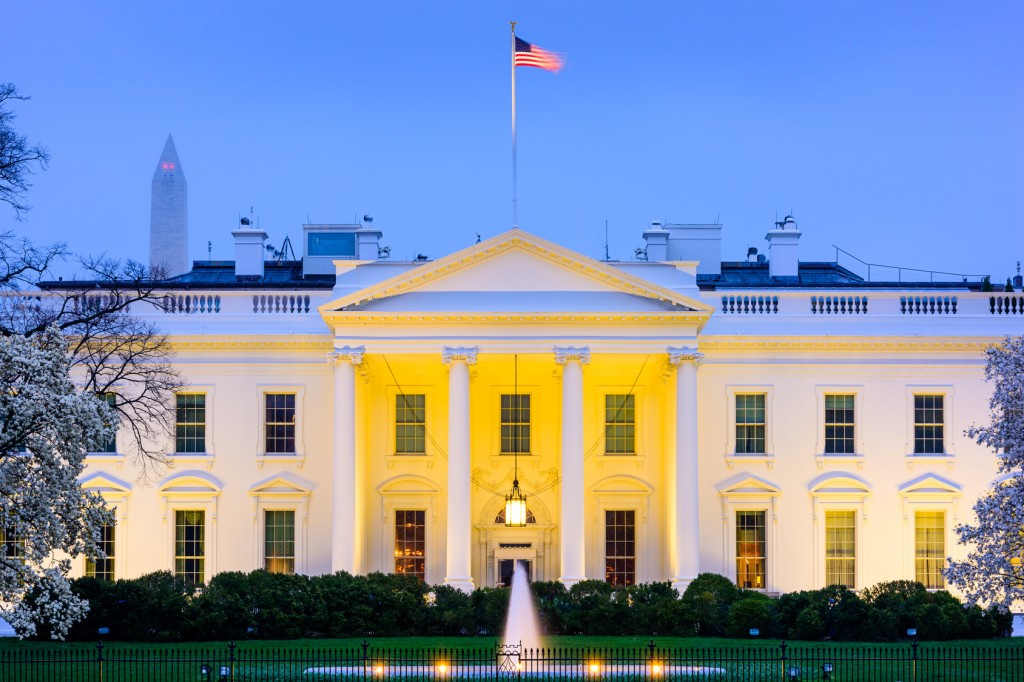With candidates in the two major political parties clinching their nominations, the political talk now turns to who will be selected as their running mates. But not everybody who’s asked to be a candidate will accept the offer. Here are some notable names who said no to the VP slot.
Nelson Rockefeller
Richard Nixon asked New York governor Nelson Rockefeller to be his running mate in his 1960 presidential campaign. Rockefeller declined, wanting instead to run for president himself in 1964. (He did—and he lost in the primaries.)
Muskie, Humphrey, Kennedy, Mondale, Nelson, Ribicoff
In the run-up to the 1972 election, George McGovern was expected to lose so badly to the incumbent President Nixon that he had to ask as many as 10 people to be his running mate. Among those who said no: senators Edmund Muskie, Hubert Humphrey, Ted Kennedy, Walter Mondale, Gaylord Nelson, and Abe Ribicoff; and Boston mayor Kevin White. Missouri senator Thomas Eagleton finally agreed, but he was dropped after reports surfaced that he’d received electroshock therapy for depression (taboo in 1972). McGovern eventually lost the 1972 election to Nixon, with Peace Corps director Sargent Shriver on the ticket.
Gerald Ford
Gerald Ford ascended to the presidency in 1974, having replaced disgraced vice president Spiro Agnew and then replacing President Nixon when he resigned. He faced a tough re-election bid and was nearly beaten in the primaries by California governor Ronald Reagan. Ford lost the general election to Jimmy Carter, who in turn was ousted in 1980 by Reagan. At one point during the 1980 campaign, Reagan asked Ford to be his running mate. He considered it a step back, and asked Reagan instead for more of a “co-presidency,” in which he’d have far more powers and responsibility afforded the vice president. Reagan said no, Ford withdrew, and George Bush got the spot.
Colin Powell
As Chairman of the Joint Chiefs of Staff, four-star general Colin Powell was a popular public figure during the first Gulf War. He remained so well liked and respected that he’s been asked to fill the vice presidential slot on three tickets, and by both major parties. Powell declined an offer from Democratic nominee Bill Clinton in 1992, Republican nominee Bob Dole in 1996, and Republican nominee George W. Bush in 2000. (Powell did accept Bush’s offer to be Secretary of State, however.)
- 2004 Democratic nominee John Kerry reportedly reached across the aisle of the Senate and asked 2000 Republican candidate John McCain to be his running mate. The bipartisan ticket would’ve been a news-making novelty and a powerful statement…but McCain cited allegiance to his party, and John Edwards got the nod instead. (And they lost.)









